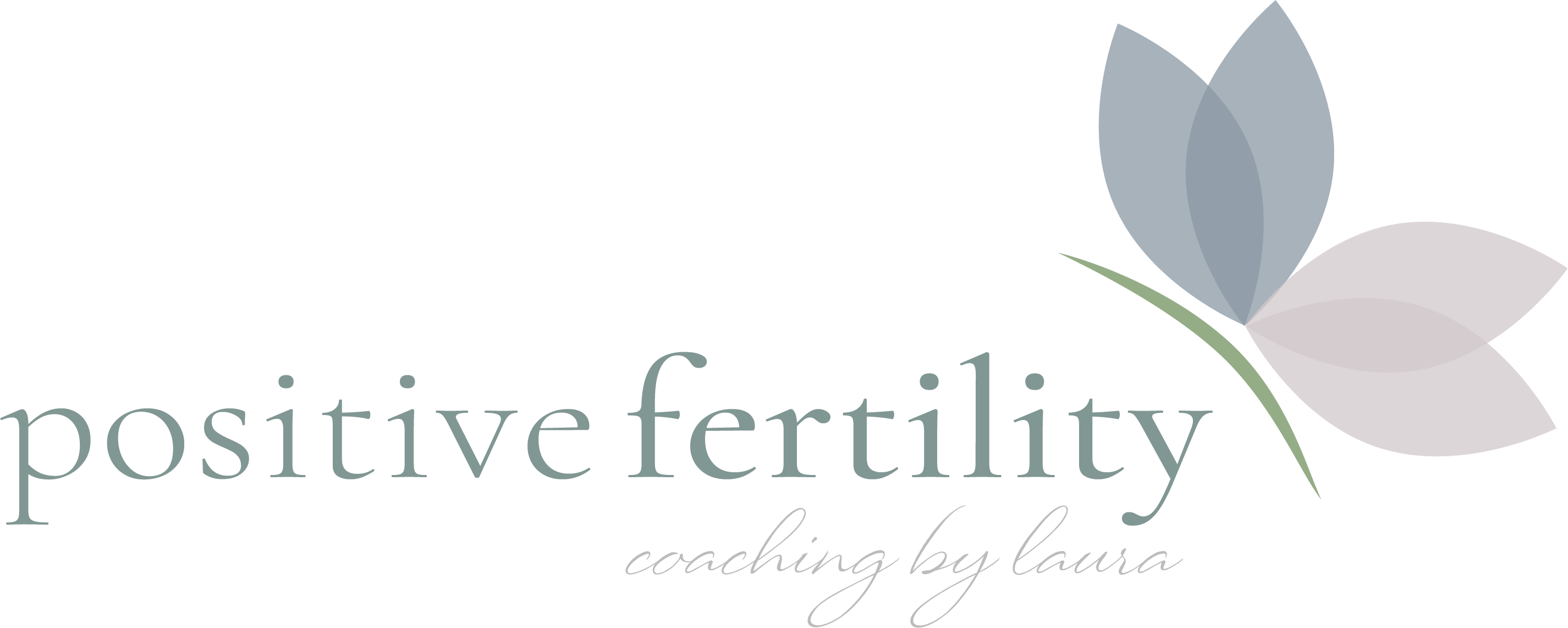Deciding to pursue egg donation to get pregnant is a huge decision. You may have been unsuccessful in the past trying to have a baby with your own eggs and it has likely been an extremely challenging journey so far. It’s important to address the grief and emotional trauma you have been experiencing in order to move forward with your family building in a healthy way. Thankfully, it’s possible to do that while pursuing this beautiful treatment option that has allowed many couples to become parents…including me.
Below is a guide on some of the most important decisions you will have to make if deciding to use an egg donor. The decision process can feel intimidating so take your time and be sure to have open communication with your partner, so everyone is on the same page.
**This guide can also be used when considering sperm or embryo donation. **
Related Read: My Story – Becoming A Mother Through Egg Donation
Anonymous or Known Donor
Deciding if you would like an anonymous donor or someone who you will know is a crucial first decision with pros and cons for each. This is a personal decision, and the right answer will be different for each family.
An anonymous donor’s identity will remain confidential with the donor agency with limited information available to the intended parents. A non-anonymous donor would offer a certain level of communication prior to the donation arranged by the agency or clinic. You might have an opportunity to meet with them and exchange contact information. A known donor could be someone who you already know such as a family member or friend. Some intended mothers want to use a family member they already share genetics with to ensure they have similar genetics to their children.
While a known donor may feel like the perfect choice in order to share genetics, it also requires some very important conversations regarding boundaries and relationships. Regardless of the relationship with your donor a thorough screening process will be required to evaluate overall physical and mental health as well as understanding what will be expected of the donor.
Fresh or Frozen Eggs
With egg donation you have the option to choose a fresh cycle or frozen eggs. A fresh cycle will be a new egg retrieval cycle for the donor and the intended parents will receive all eggs retrieved unless otherwise decided, such as a shared cycle. The eggs would be fertilized with the male partner’s sperm or donor sperm and then develop into embryos.
Frozen eggs have already been frozen from a previous cycle. You would receive a ‘lot’ of eggs (generally 6) that would be thawed and fertilized with sperm. A frozen donation is generally less expensive than fresh and a simpler coordination process.
It is important to note that depending on the maturity of eggs, they may not all fertilize, and not all fertilized eggs will develop into a transferable embryo. If you are hoping to have 2 or more children from a cycle you will likely want a fresh cycle for the best chance of having enough eggs.
Choosing an egg donation agency
There are many agencies and organizations that can match you with an egg donor. Research your choices thoroughly and discuss options with your IVF clinic. Your clinic may have agencies that recommend and have worked with before which can simplify coordination and screening procedures.
Look for agencies that have high screening standards and offer support for legal and medical services. Ask for referrals from former clients and donors that have worked with them in the past.
Choosing Your Egg Donor
Start by imagining who your donor is including physical characteristics, background, interests and hobbies, education, and medical history. Are there specifics such as height, eye color, or ethnicity that are especially important to you? Have a priority list in mind to help you begin your search.
It’s natural to look for physical traits that are similar to your own when choosing a donor such as eye color or body type in hopes that your children may look similar to you. This is perfectly natural and a good starting point but be sure not to narrow your search too much and consider the whole person.
Related Read: What I Wish I Knew Before Using An Egg Donor
Look at the donor’s hobbies, interests, and special parts of their life that they have chosen to share on their profile and questionnaire. Consider if they are someone you would want to get to know more and if you feel a connection toward them. Do they have talents and qualities you would hope could be passed on to your child.
Try not to overwhelm yourself looking at too many donor profiles or overthinking your decision. Consider having two or three options you would be happy with if your first choice is not available.
Remember, your children will be unique and special. Their DNA is simply a blueprint but there is no way to predict exactly who they will grow up to be, what they will look like, and what interests they will choose. It’s also important to remember the power of how they are nurtured. Children who read every day often grow up to love books, if they are taken on walks and hikes, they will likely love the outdoors. When you naturally surround your children with the activities you are passionate about, they will feel positive about them too.
Related Read: Talking To Children About Donor Conception
Choosing an egg donor may feel intimidating but keeping your priorities in mind and remembering that this is the next step to building the family you have been working toward for so long. Guidance and support making these decisions is available to you. Contact Laura to set up your first call.

